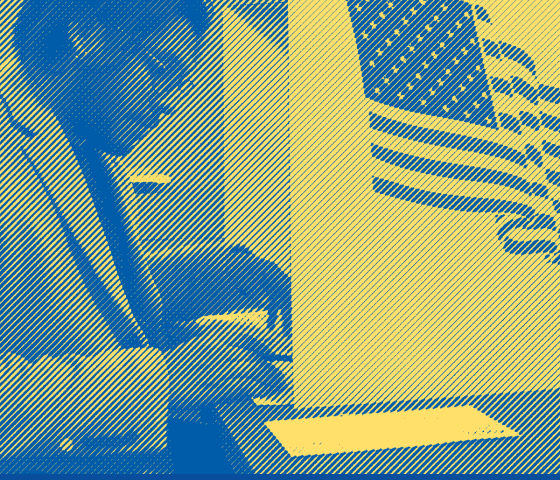When Abby Collins, now 41, was growing up in a faith-healing church in Indiana, she saw first-hand what could happen when pregnant women didn't get the medical care they needed.
Her parent's religion frowned upon getting medical care from licensed doctors and so women around her often lost a child or died themselves while pregnant or in childbirth because people put their religion before life-saving medical care. "I grew up in a culture of women and babies dying. It was just a normal part of my life."
A History of Women Dying in Pregnancy
"I saw little girls my own age suddenly in charge of raising all their younger brothers and sisters." Abby's own great-grandmother died from an untreated ectopic pregnancy. Abby's grandmother was just a toddler at the time and the loss of her mother resulted in long-lasting trauma.
Abby, now the mother of two children, worries that as politicians restrict more and more types of pregnancy care, including the option of abortion if the pregnancy threatens the life or health of the mother, she could end up pregnant and unable to get the care she needed to save her life, leaving her young children motherless.
Her worries stem from her first pregnancy, which was difficult and raised concerns that she might not survive it.
At the time, she lived in Missouri, which then banned abortion at 20 weeks. (Now the legal landscape in Missouri is even worse. All abortions are banned unless the life of the mother is at risk or if continuing the pregnancy will seriously harm her health.)
A Long-Wanted Pregnancy Goes Wrong
"I had tried a long time to get pregnant. I very much wanted to have this baby." But at six weeks, she started spotting. She went on medication to stop the spotting and preserve the pregnancy.
Then at her 19-week ultrasound, the nurse and doctor started asking her about how certain she was about her date of conception. They wouldn't answer her questions about why they wanted to know. Eventually, they told her that the fetus had a syndrome that had greatly restricted its growth, but wouldn't give her much more information than that.
At one point, the maternal-fetal medicine specialist said, "I don't even know what you want me to say because, at this point, you're having this kid."
All the old terrors came back. Abby had to go home and read up on the condition online to find out more because the doctors wouldn't talk to her about it. Abby worried that she might die while pregnant or be carrying a fetus that was doomed to die.
Later, she "interrogated my doctors to determine what would happen if I delivered a baby who wouldn't live, if it could get palliative care or if, instead, I would force my beloved child to undergo painful and fruitless medical interventions."
She went into labor at just 33 weeks. At the hospital, she started asking lots of questions about if the baby was going to be okay.
Abby was relieved when her doctor said, "There are other people in the room to take care of the baby. My priority is to take care of you."
Her baby, Sam, now 8 and healthy, spent six weeks in intensive care. Fortunately, Abby had good insurance through a good employer. That combined with the Affordable Care Act helped her and her husband pay for the nearly $200,000 in medical costs. Otherwise, they would have been financially ruined.
Preventing a Life-Threatening Third Pregnancy
Abby later gave birth to Lucy, now 5, with no problems at all. Still, Abby made the decision to have her tubes tied, "because I can't risk getting pregnant again. Not in this environment. I'd leave behind two little kids."
For the future, she worries that her daughter might become pregnant and be denied life-saving medical care.
Abby became involved in the ACLU of Iowa's Reproductive Freedom Action Team recently because she has seen first-hand the life-threatening dangers women must navigate when religion and politics come before women's health. "I care deeply about helping my daughter and her peers survive their reproductive years."


